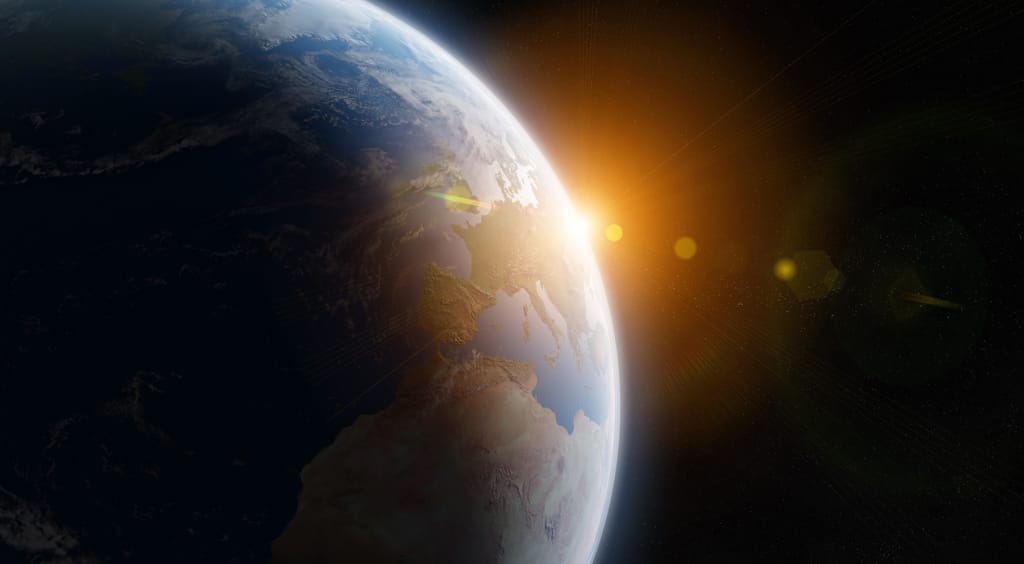- Home
- April 2024
- Weathering Climate Change—A Battle Fatal to Lose

Previous Post
Next Post
You might also like
From Hillview to Wellesley: The Evolution of a Pioneering Boys’ School
9 min read
JALAN SULTAN AZLAN SHAH, formerly known as Northam Road, hugs the contours of North Beach, extending towards Gurney Drive. With the panoramic views it offers of...
Events in April
4 min read
LEARNINGOrganised by Penang Math Platform, MathBoost is a fun and engaging app-based learning experience focusing on arithmetic operations and numeracy skills f...




